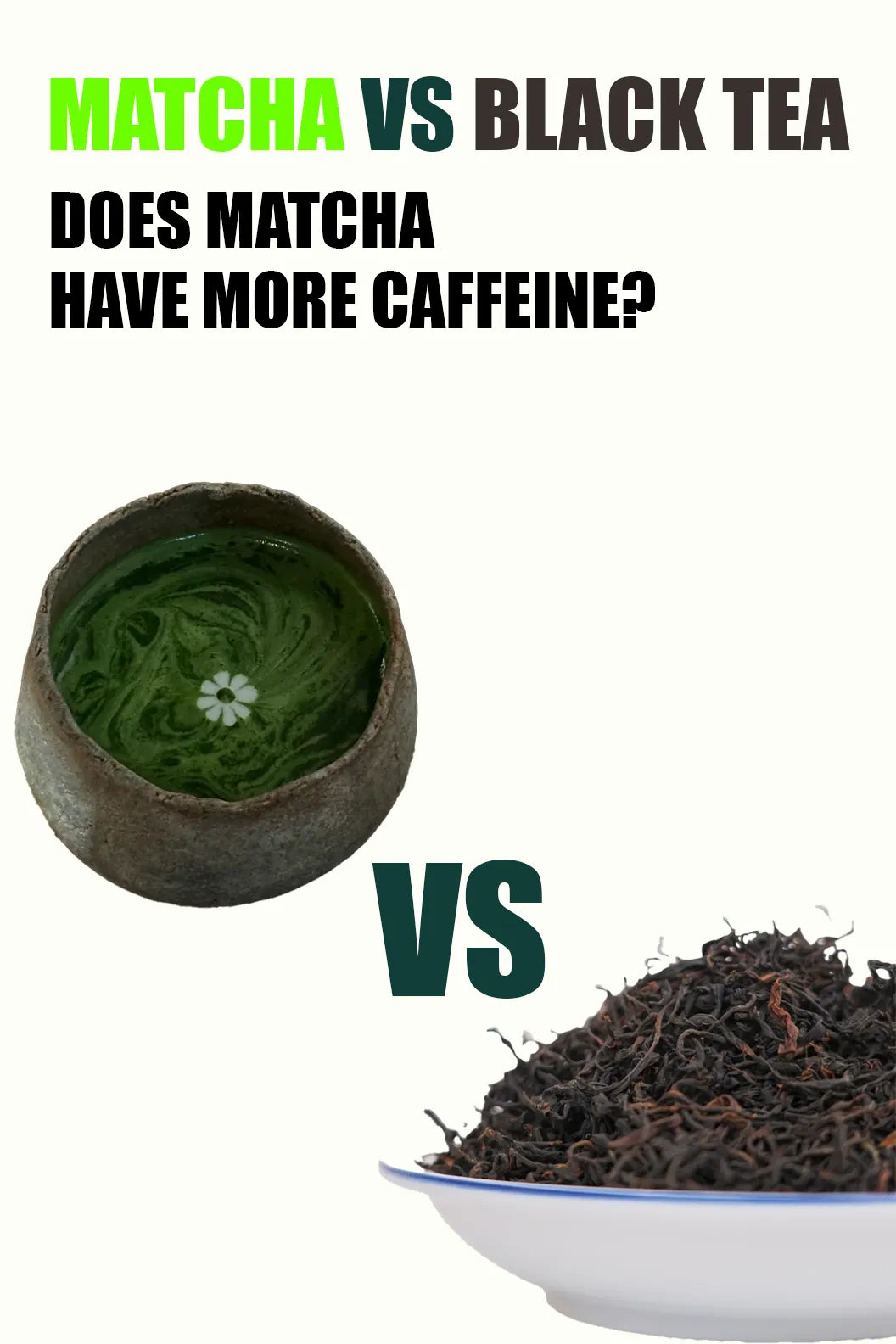Discover expert tips on storing matcha powder, matcha tea, and green tea powder to prevent spoilage and preserve flavor.
Why Proper Matcha Storage Matters
Matcha is known for its vibrant green color, smooth umami taste, and numerous health benefits. However, due to its fine texture and delicate components like EGCG, L-theanine, and aromatic oils, matcha is highly sensitive to light, air, moisture, and heat. Without proper storage, it easily loses its color, aroma, and nutritional value.
Improper storage can lead to oxidation, bitterness, and clumping. That’s why understanding how to store matcha properly is essential for anyone who values both flavor and health benefits. (Curious about matcha’s benefits? Check out our comprehensive guide to matcha benefits.)
Factors That Affect Matcha Freshness
☀️ Light
Exposure to sunlight or artificial light accelerates oxidation, dulls the vibrant green, and diminishes aroma. Always choose light-blocking containers.
🌡️ Temperature
Matcha should be stored ideally at 0–10°C (32–50°F). Avoid fluctuating temperatures, which can cause condensation and moisture issues.
🌬️ Oxygen
Oxygen speeds up nutrient degradation. Once opened, matcha reacts quickly with air, so airtight containers are a must.
💧 Moisture
Matcha is hygroscopic—it absorbs moisture easily. This leads to clumping, mold growth, and a shortened shelf life.
The Best Containers for Storing Matcha
🏺 Ceramic Jars
-
Naturally blocks light
-
Pair with a silicone-sealed lid for airtight protection
-
Ideal for longer-term pantry storage
🧴 Dark Glass Jars
-
Offers some light protection (brown/green glass)
-
Look for a rubber-sealed screw lid
-
Best kept in a dark cupboard
🥫 Metal Tins (Food-Grade)
-
Excellent at blocking light and moisture
-
Choose tins with inner coatings to prevent metal odors
-
Great for daily use or travel
🚫 Vacuum Containers
-
Vacuum-sealed jars minimize oxidation
-
Best for storing ceremonial-grade matcha
-
Requires careful handling after each use
Step-by-Step: How to Store Matcha at Home
-
Choose a suitable container
Use an airtight, light-proof jar with minimal excess space.
-
Transfer the powder
Use a clean, dry spoon to avoid introducing moisture.
-
Seal tightly
Check for airtightness—rubber or silicone gaskets help.
-
Refrigerate or keep in a cool, dark place
Store matcha in the fridge (not freezer) and always wait for the jar to reach room temperature before opening.
How to Store Matcha for Different Scenarios
🏠 At Home
Store bulk matcha in the fridge and daily-use matcha in a small tin. Avoid kitchen humidity. Double-seal jars in ziplock bags to prevent odor absorption.
✈️ On the Go
Use small metal tins and keep them away from heat (don’t leave in a hot car). Travel containers should be airtight and shockproof.
🏪 Commercial Use
Use climate-controlled storage rooms with humidity and temperature regulation. Follow FIFO (first in, first out) to keep stock fresh.
Does Matcha Go Bad?
✅ Shelf Life
-
Unopened: 12–18 months (cool, dark storage)
-
Opened: Best within 2–3 months
❌ Signs of Spoiled Matcha
-
Color fades from vibrant green to dull yellow or brown
-
Aroma becomes musty or sour
-
Tastes bitter or stale
-
Clumping and moisture inside the container
Common Matcha Storage Mistakes to Avoid
-
❌ Using transparent jars exposed to light
-
❌ Storing in the kitchen near humidity sources
-
❌ Leaving containers open or opening frequently
-
❌ Using non-airtight or cracked lids
Tips to Keep Matcha Fresh Longer
-
✅ Buy in small quantities
-
✅ Always use a dry spoon
-
✅ Store away from spices or strong-smelling items
-
✅ Use multiple small jars to reduce frequent air exposure
Want to Use Stored Matcha for Recipes?
Turn your perfectly preserved matcha into a delicious treat! Try our homemade matcha latte recipe—it’s creamy, energizing, and beginner-friendly.
Frequently Asked Questions (FAQ)
❓Can I freeze matcha powder?
We don’t recommend freezing matcha. The moisture risk from condensation when thawing is too high.
❓What happens if matcha absorbs moisture?
It clumps and may grow mold. Always keep it in a dry, sealed environment.
❓Is it okay if my matcha smells grassy?
Yes! Fresh matcha often has a grassy or seaweed-like aroma. However, if it smells sour or musty, it’s likely spoiled.
Conclusion
Proper storage is the secret to enjoying matcha’s full flavor and health benefits. Avoid light, moisture, heat, and oxygen by choosing the right containers and being mindful of your environment. Whether you’re sipping matcha daily or saving it for special recipes, freshness starts with smart storage.



